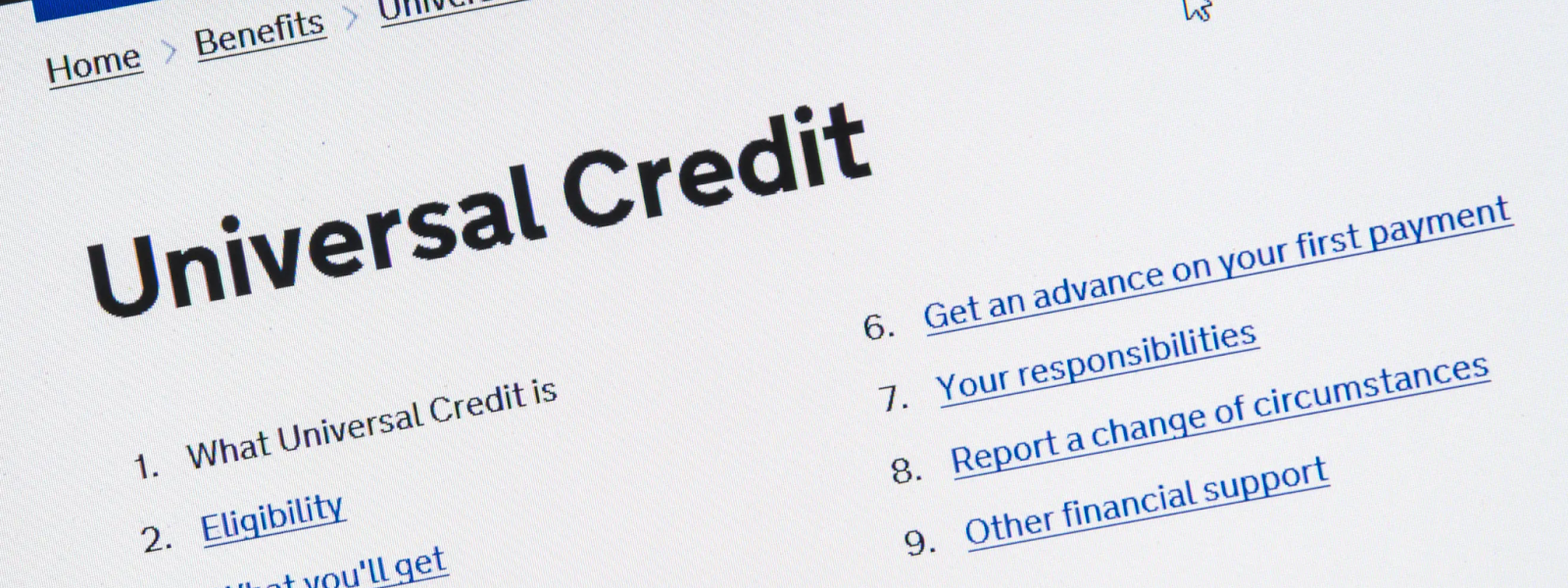Universal Credit is a significant welfare benefit system in the UK, designed to support individuals and families who are on a low income or out of work. Since its introduction, the system has undergone several changes and updates. Recently, new rules and regulations have been introduced to refine and enhance the way Universal Credit operates. This article will provide a comprehensive overview of these new rules, covering what they entail, how they impact claimants, and what you need to know to navigate these changes effectively.
What Is Universal Credit?
Universal Credit is a means-tested benefit administered by the UK government to help those who are unemployed, underemployed, or on a low income. It was introduced to simplify the welfare system by consolidating multiple benefits into a single monthly payment. This includes support for housing costs, children, and disabilities. Universal Credit aims to provide a safety net while encouraging work and reducing poverty.
Recent Changes to Universal Credit
The UK government frequently updates Universal Credit rules to adapt to economic conditions and social needs. Here are some of the key recent changes:
Increased Work Allowance: One of the most significant changes is the increase in the work allowance. The work allowance is the amount of money you can earn before your Universal Credit payments start to decrease. Recent updates have raised these thresholds, allowing claimants to keep more of their earnings before their Universal Credit payment is reduced. This change aims to incentivize work and reduce the financial penalty for working additional hours.
Changes to the Minimum Income Floor: The Minimum Income Floor MIF is a key feature of Universal Credit for self-employed individuals. It sets a baseline income level below which self-employed claimants are assumed to be earning. Recent reforms have adjusted the MIF to be more responsive to actual earnings and less punitive for those in the early stages of their business or experiencing fluctuations in income.
Updated Jobseeker’s Agreement Requirements: For Universal Credit claimants who are job-seeking, the requirements under the Jobseeker’s Agreement have been updated. The government has introduced new guidelines on how many hours claimants should be actively seeking work and the type of jobs they should be applying for. These changes are intended to make job-seeking requirements clearer and more achievable.
Changes to Housing Costs
There have been updates to how housing costs are calculated and paid under Universal Credit. The changes include adjustments to the Local Housing Allowance LHA rates, which determine the amount of support available for rental costs. The goal is to better align housing support with local rental markets and ensure that claimants receive adequate help with their housing expenses.
New Sanction Policies: Sanctions are penalties applied if a claimant fails to meet certain conditions of their Universal Credit claim. Recent rule changes have modified the conditions under which sanctions are applied and the length of time for which they are imposed. The new policies aim to balance the need for compliance with the need to provide support and avoid undue hardship.
Adjustments to Disability Support: Universal Credit has seen changes in the way disability-related support is provided. New rules have been introduced to better support claimants with disabilities, including adjustments to the work capability assessment process and enhancements to the additional support available for those with severe disabilities.
How Do These Changes Affect Claimants?
The recent updates to Universal Credit rules have various impacts on claimants, depending on their individual circumstances. Here’s a breakdown of how these changes might affect you:
Increased Work Allowance: If you are working while claiming Universal Credit, the increase in the work allowance means you can earn more before your payments start to decrease. This change is beneficial for those who work part-time or have irregular incomes, as it provides more financial flexibility.
Minimum Income Floor Adjustments
For self-employed claimants, the adjustments to the Minimum Income Floor mean that the assumed income level will more accurately reflect your actual earnings. This change is particularly important if your income fluctuates or if you are in the early stages of self-employment.
Jobseeker’s Agreement Requirements: The updated requirements for job-seeking may impact how actively you need to look for work. If you are struggling to find employment, the new guidelines may provide clearer expectations and support to help you meet your job-seeking obligations.
FAQs
How can I find out if I am affected by the new rules?
To determine how the new Universal Credit rules impact you, you can check the official government website for the latest updates and guidance. Additionally, contacting your local Jobcentre Plus or speaking with a Universal Credit advisor can provide personalized information based on your circumstances.
Will these changes lead to an increase in my Universal Credit payments?
The impact of the changes on your Universal Credit payments will depend on your specific situation. For many claimants, the increased work allowance and adjustments to housing costs may result in higher payments. However, individual circumstances vary, so it’s important to review the details relevant to your case.
Where can I get help if I have issues with my Universal Credit claim?
If you encounter issues with your Universal Credit claim or need assistance understanding the new rules, you can seek help from various sources. This includes contacting Universal Credit helplines, visiting your local Jobcentre Plus, or reaching out to organizations that offer welfare advice and support.
Conclusion
The recent updates to Universal Credit rules reflect ongoing efforts to improve the welfare system and better support claimants. By increasing work allowances, adjusting the Minimum Income Floor, updating job-seeking requirements, and enhancing disability support, these changes aim to make Universal Credit more effective and responsive to the needs of those it serves. If you are a Universal Credit claimant, staying informed about these updates and understanding how they affect you can help you navigate the system more effectively and ensure you receive the support you need.
To read more, Click Here .



